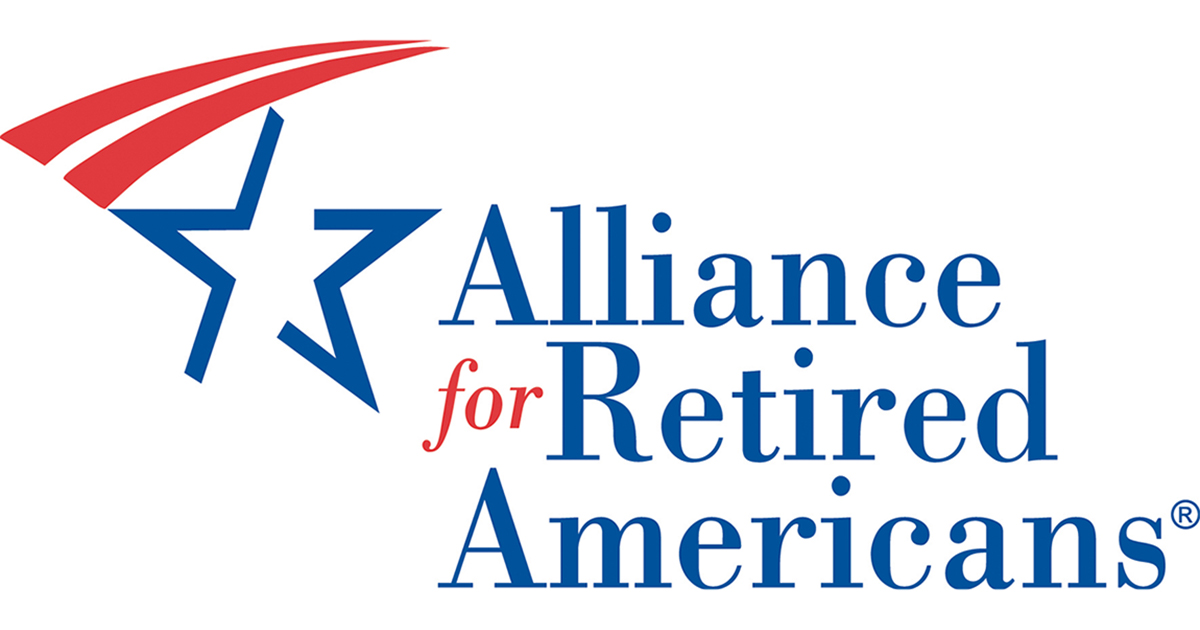August 03, 2021
Poll: Seniors Would Cross Party Lines to Vote for Candidates Who Support Medicare Drug Price Negotiation
More than 70 percent of voters over age 65 say they would be more likely to vote for a candidate who favors allowing Medicare to negotiate with drug corporations to lower prescription drug prices, including strong majorities across party lines, according to a new poll released today by the Alliance for Retired Americans.
An 87% majority of voters over age 65 favor allowing Medicare to negotiate drug prices, including 48% who are strongly in favor. Among Democratic seniors, 89% are in favor, as are 87% of Republican seniors and 81% of independent seniors. Voters over the age of 65 in rural areas (84%) favor the proposal with strong intensity as well. The poll was conducted by Lake Research Partners.
“The findings have major implications for both Democrats and Republicans in the 2022 midterm elections,” said Richard Fiesta, executive director of the Alliance for Retired Americans. “Americans pay the highest prices in the world for prescription drugs, and they want lawmakers to take action now to lower the amount they pay at the pharmacy counter. This poll confirms that high drug prices are a top-of-mind issue for seniors when making voting decisions.”
Voters over the age of 65 are the most consistent voters, especially in midterm elections. In both 2020 and 2018 more than a quarter of all votes cast were by people over the age of 65. In the 2018 midterm elections, 66% of all registered seniors turned out to vote, and in 2020 senior turnout was 74.5%, the highest percentages of any age group.
“The 2022 midterm electorate will have an outsized senior vote. This poll highlights a risk and an opportunity for elected officials and candidates,” Fiesta continued. “Even in today’s polarized political environment, a significant percentage of senior voters of both parties would cross party lines over this issue.”
The poll found:
- If a Democratic candidate favored allowing Medicare to negotiate with prescription drug corporations to lower prescription drug prices, 51% of seniors would be more likely to vote for them, including 78% of Democrats, 35% of independents, and even 31% of Republicans. Half of Republicans (51%) say it would make no difference in their vote, and 9% say they are unsure.
- Further, if a Democratic candidate opposed allowing Medicare to negotiate with prescription drug corporations to lower prescription drug prices, 55 percent of seniors would be less likely to vote for them, including a 60 percent majority of Democratic seniors, 53 percent of Republican seniors, and 49 percent of independent seniors.
A majority of senior voters support using the savings from Medicare drug price negotiation to expand Medicare coverage to include hearing, dental, and vision benefits. Fifty-six percent of poll respondents said that savings from lower drug prices should be used to expand Medicare benefits, versus 15% who said it should be invested in public research into new treatments and cures and 9% who chose lowering Medicare’s eligibility age to 60.
Across party lines, 86% of seniors have favorable views toward Medicare. However, just 46% say Medicare is doing an excellent or good job in dealing with prescription drug prices.
# # #
Contact: Lisa Cutler at lcutler@retiredamericans.org
Lake Research Partners designed and administered this nationwide survey of N=800 people ages 65 and older likely to vote in the 2022 election The survey was fielded online using an opt-in panel matched to the voter file, and was conducted June 16th-21st, 2021. Oversamples of 100 people ages 65 and older likely to vote in the 2022 election who live in rural areas, and 100 seniors who identify as Democrats and indicate they are less likely to vote in the 2022 election (“low-propensity” Democrats”) were also interviewed. The margin of error for the total sample is +/- 3.5 percentage points.
The survey was conducted June 16-21, 2021. Funding for this research was provided by the Alliance for Retired Americans and Retired Americans PAC.

